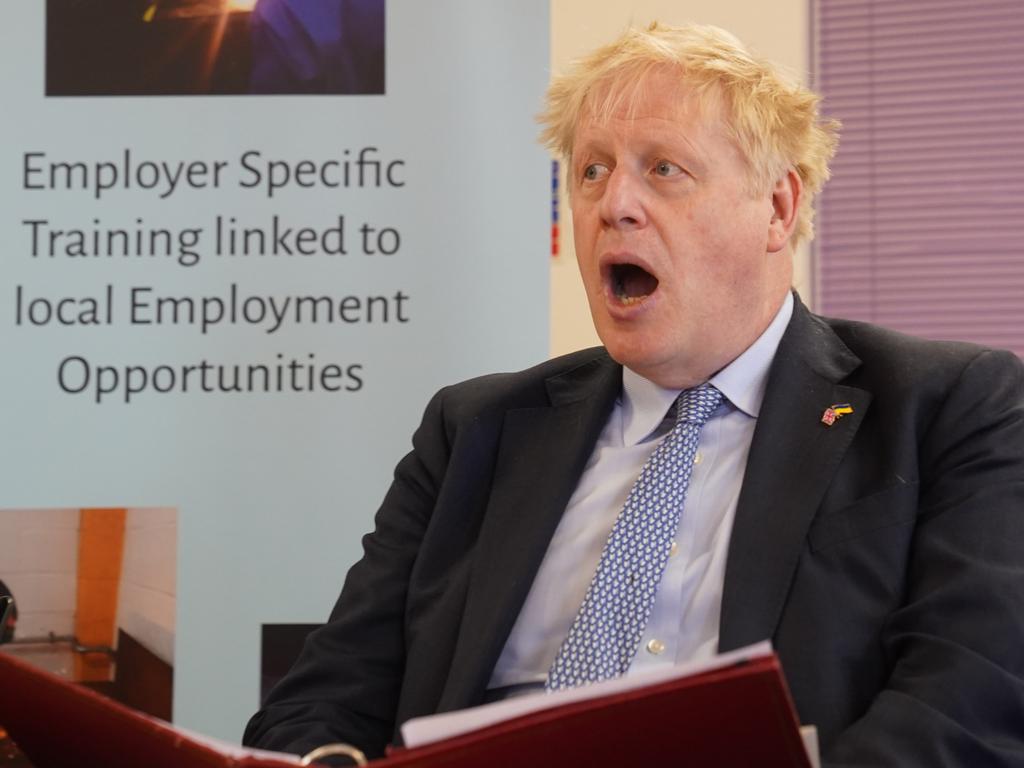Boris Johnson is in trouble but we shouldn’t write him off just yet
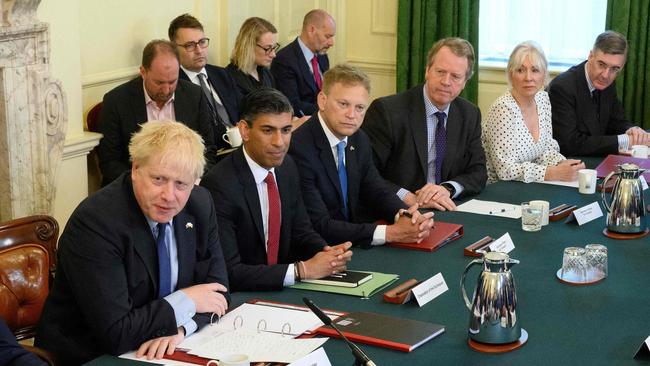
What happens now? Nothing. Nothing happens now. Weren’t you following? It happened and now it has stopped happening. Boris Johnson was prime minister yesterday and the day before yesterday, and will now be prime minister tomorrow and the day after tomorrow.
I do not share the view that Johnson is weaker now than he was last week. What we gained was knowledge of the size of the opposition to him, which turned out to be substantial but not large enough to depose him. What he gained in return was a large measure of protection against forthcoming difficulties. I think the latter gain was greater than the former. In many ways, Johnson is now more secure in office than he was.
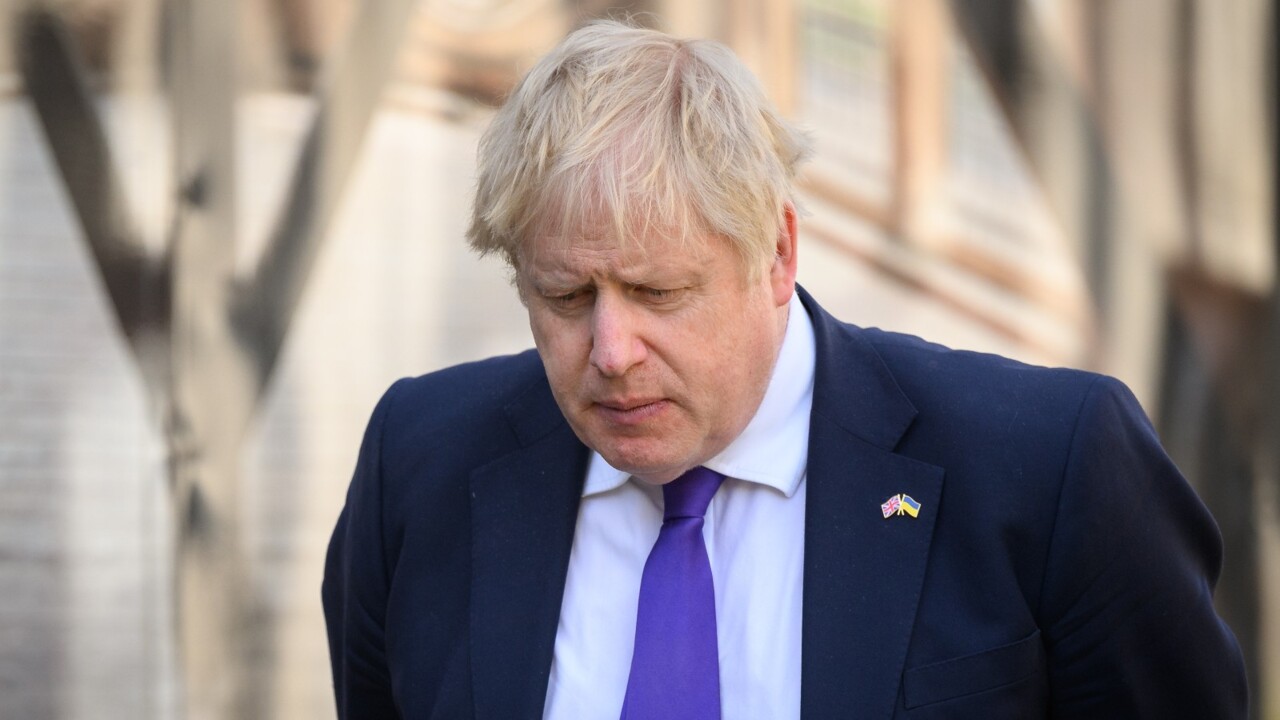
In December I pointed out how rare it was for prime ministers to be removed by their party while in office. It had never happened to someone who had recently won their first majority. I argued that removing a prime minister is harder than it sounds. This remains the case.
Just as there was last week, there are two big political problems ahead for the prime minister. There are by-elections he seems bound to lose badly, and there is a report from the Commons privileges committee, which could conclude that he lied to the House and suspend him from it. Either could, in normal circumstances, lead to his resignation. As a result of Monday’s vote, the by-elections are substantially less likely to result in him being ousted. And even the privileges committee is mildly less likely to prompt that than it was.
There are consequences to trying to push out the prime minister and failing. His allies are right to say that a win is a win.
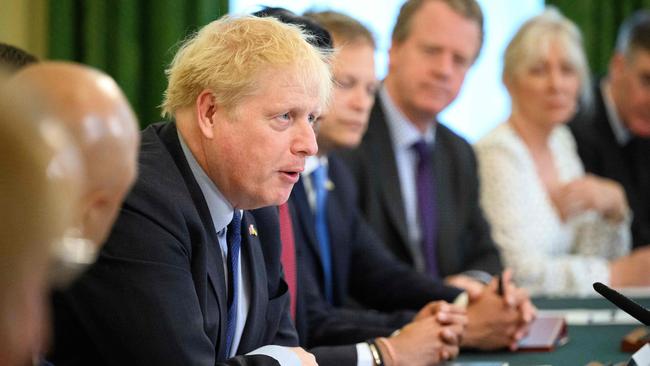
The rules now allow him a period of grace of a year before another ballot can be held. It is true that the backbench 1922 Committee can change its rules. But it should not be assumed that it will. And at the very least Johnson has added that obstacle to those that his opponents need to overcome.
There has been quite a lot of comment to the effect that, never mind the rules, he has to go. And, yes, I believe he should go. I wish he would go. I would have voted for him to go. But he doesn’t have to go. That was the whole question MPs were being asked to determine on Monday. Did he have to go? And they decided that no, he did not.
I think the chances of him deciding that, to be a good chap, he really ought to go are minimal, don’t you? That’s not who he is, or how he thinks, or what he has built his political success upon. If he was that sort of person, Monday’s vote wouldn’t have been necessary since he would already have resigned.
And his support comes largely from those people who take a similarly tough view. They, on the whole, think it weak to resign because you just “ought” to, for everyone else’s sake or because of some code of honour. That’s one of the reasons they stuck with him. So they aren’t likely to change their mind about it now.
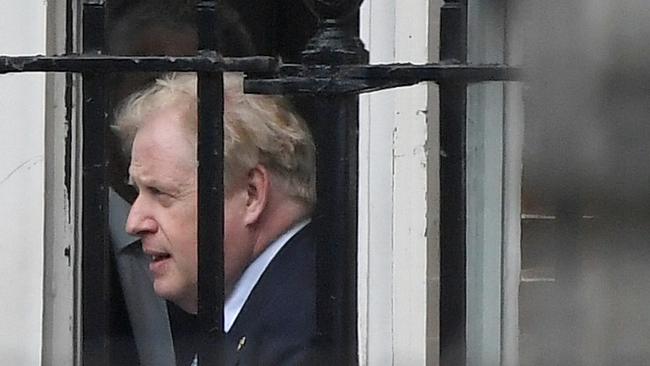
If there had been a cabinet revolt on Monday, Johnson would probably have lost. But there wasn’t. Why would there be one now?
There is, as I have argued before, a market failure in political coups. Each individual who rebels takes a risk, but they aren’t able to guarantee they will receive the reward for that risk. So they show loyalty not to the prime minister but to themselves. That logic held on Monday and there is every reason to believe it will keep holding.
Lots of cabinet ministers want the prime minister’s job and do not have much time for the incumbent. But they are hoping that somehow the job will come to them, rather than them having to go for it. And it will not.
Penny Mordaunt clearly weighed this all up on Monday. She seems to have concluded she couldn’t act by herself and that even the act of trying to concert opposition would fail. That is more true now than it was then, isn’t it? Anyone who wants it has to risk it, and the risk calculation doesn’t seem a good one.
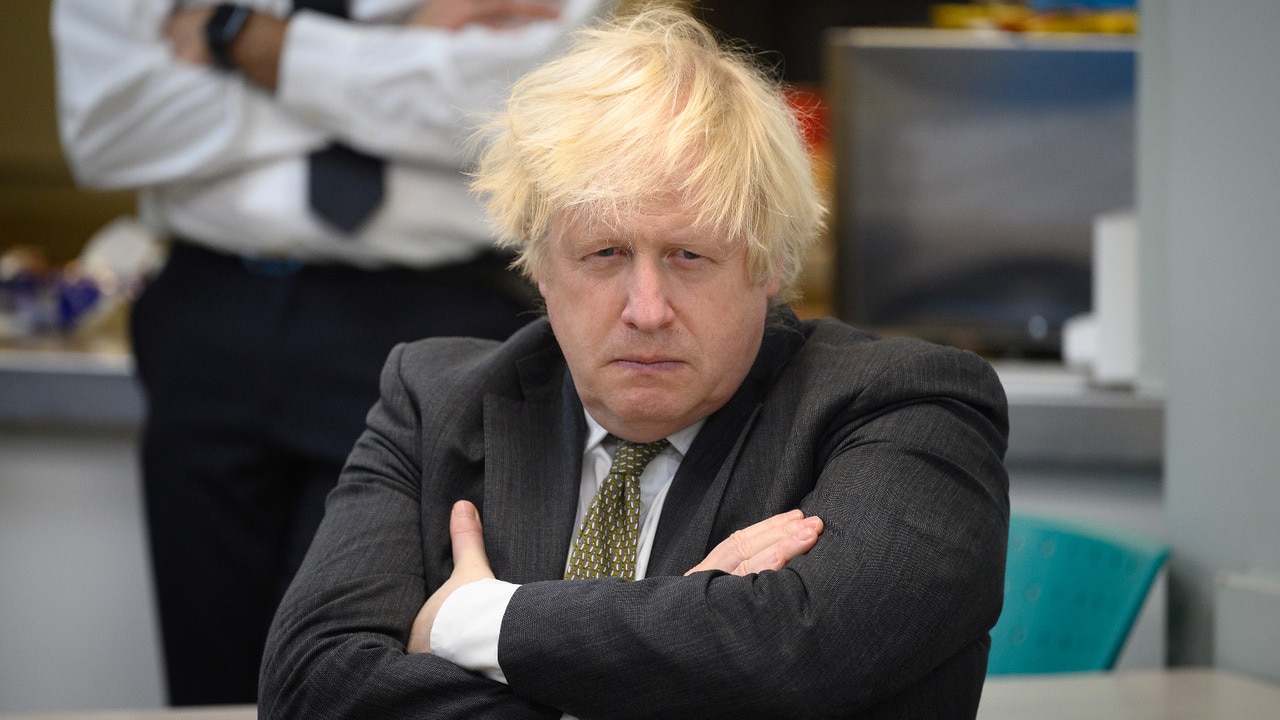
The only person who took a risk on Monday was Jeremy Hunt. And he, of course, had less to lose (although not nothing to lose; he showed courage). As a result the rebels have gained a leader, which is important. But Boris Johnson has gained the fact that the leader is Jeremy Hunt. Because for all his considerable capabilities, Hunt’s appeal to Tories, and indeed to the country, is not universal.
A skilfully led rebel army could weaken the government, inflicting upon it defeat after defeat until it collapses, exhausted. This was done to Theresa May, but she did not have a majority. And the rebels shared a cause and an outlook. Johnson’s opponents do not. This has been portrayed as a strength of the rebellion – that the loss of faith is so widespread. But it could also be seen as the weakness of the rebellion: it is too diverse, it lacks an ideological centre.
None of this matters, of course, if opposition to the prime minister turns out to be cumulative. Observers yesterday (Tuesday) were noting that only 32 more MPs need desert the prime minister and he is out. But this depends on those who opposed him on Monday continuing to oppose him. And I am not sure they will.
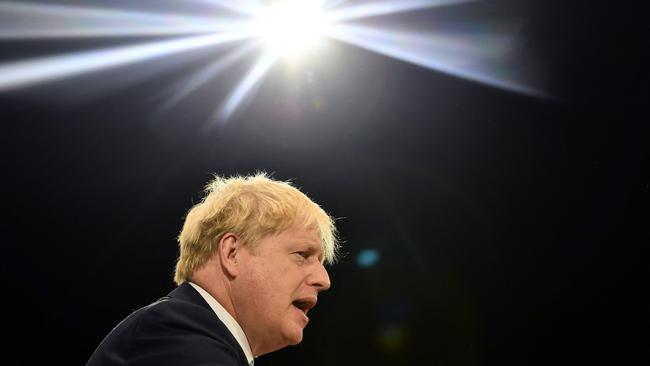
In a year’s time, the prime minister will indeed have added some further doubters. But the immediate cause of this rebellion – the disastrous and unethical parties – will have receded somewhat. Voters will have integrated them into their opinions of the government, but they may no longer be front of mind. MPs may not have it in the front of their minds either.
In its place might have come a new cause of discontent, but it might split the party differently, reuniting the prime minister with some of the rebels even as he loses others. The issue of lockdown parties united Jeremy Hunt and Steve Baker. The next issue may not.
And there will be an election coming. In a year’s time Downing Street might plausibly start to argue it is too late to change. MPs may conclude it is too late in the cycle to start making trouble.
Any leader with so many internal opponents is in trouble. So, of course, Johnson is in trouble. He’s been in trouble for ages. And in the end the trouble might get him. But for now Boris Johnson isn’t toast, or over, or a dead man walking. He’s prime minister. Just as he was last week and just as he will be next week.
The Times
More Coverage
Read related topics:Boris Johnson



